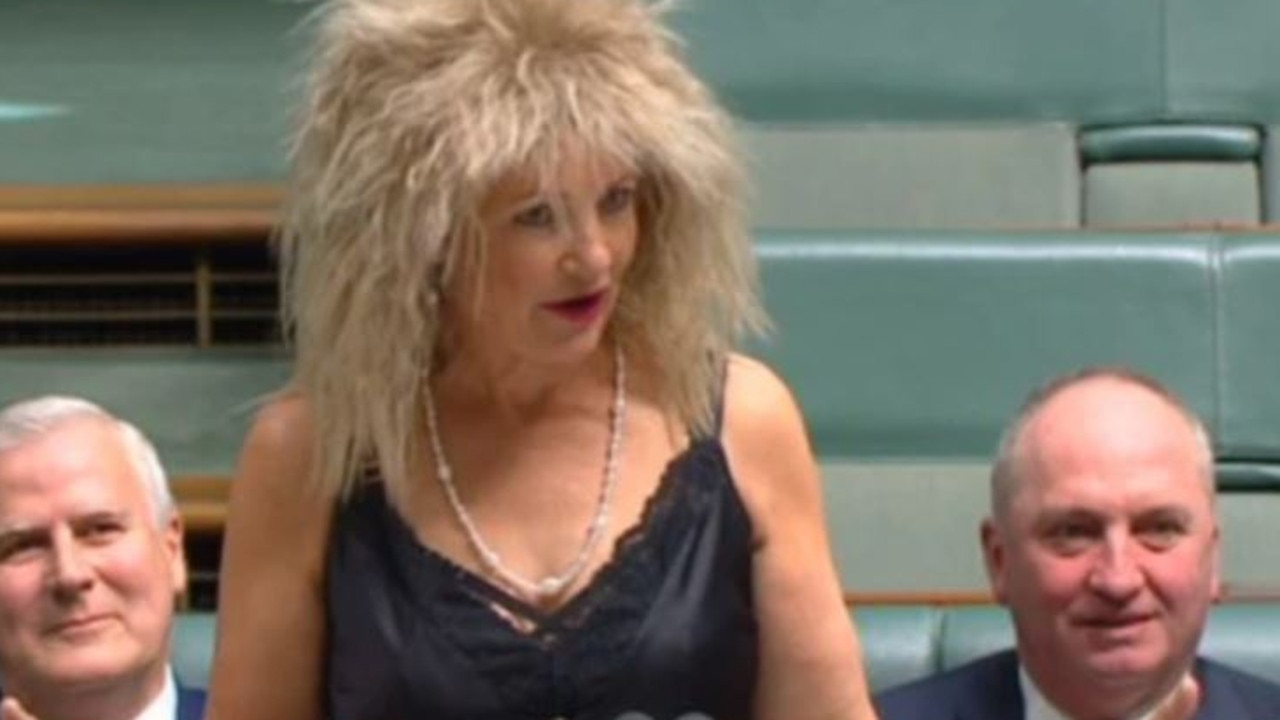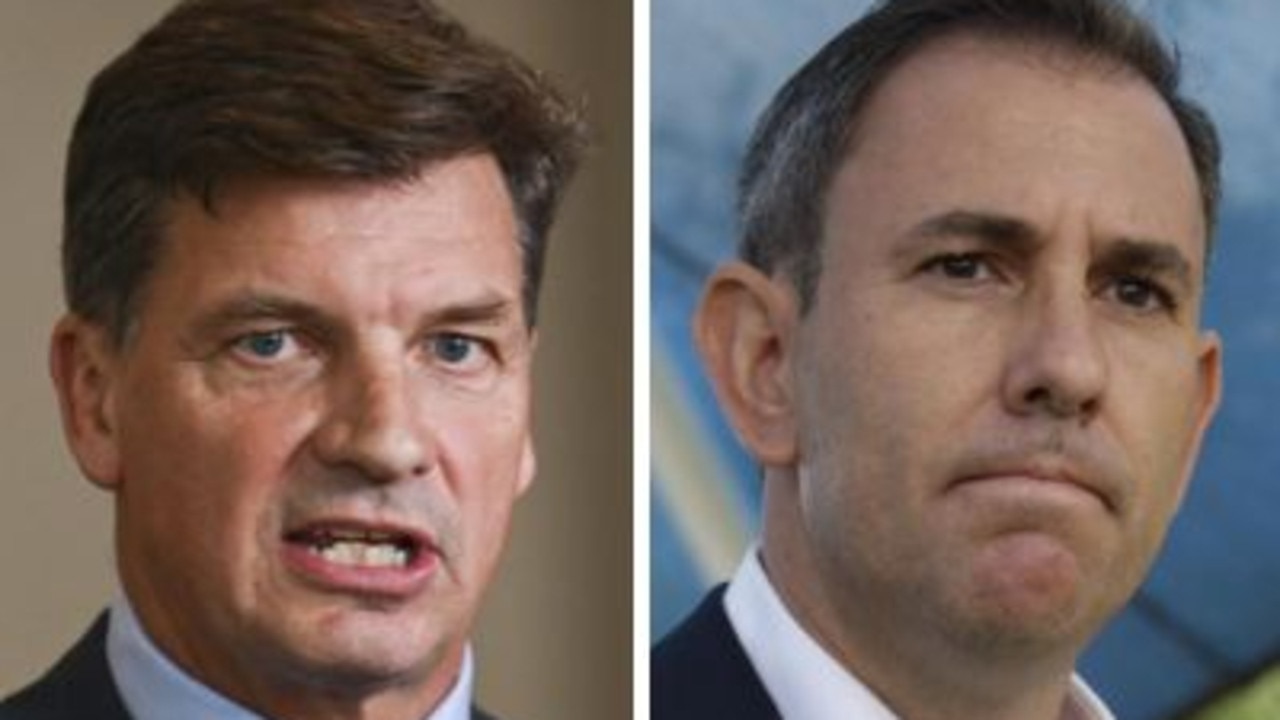Federal budget delivers change to Aussie passports with $100 fast tracking fee
Avid Aussie travellers will soon have the ability to receive a new passport or renew their existing one in just a matter of days.
Avid Aussie travellers will soon have the ability to receive a new passport or renew their existing one in just a matter of days.
The federal government unveiled the new measure as part of the 2024 budget handed down on Tuesday night.
Australians can fast-track their passport being processed if they pay $100.
Their new passport will be processed within five business days if they do so.
The change will kick in from July 2.
The money Aussies are forecast to spend on fast-tracking their passports is expected to generate an additional $27.4 million revenue over the next five years.
This excess cash will be reinvested into the Department of Foreign Affairs and Trade (DFAT).
As it currently stands, obtaining a new passport or renewing one usually takes around six weeks, according to the Australian Passport Office.
There’s already a ‘priority processing’ option for Aussies needing their travel documents urgently, which allows them to get their hands on their passport in just two business days.
But this costs $252 - on top of the $346 base fee for the passport itself.
The announcement follows on from the post-Covid chaos wrought after travel restrictions lifted, which saw some Aussies in long queues at passport offices out of desperation.
This “pent up demand” led to the Australian Passport Office being lumped with up to 15,000 applications per day.
In February this year, a report from the auditor general which was tabled in parliament found that passport delivery times had spiralled.
The report stated that DFAT had “not been efficient”.
It found that a quarter of applications from May 2022 took longer than six weeks.
These long-time wait times were particularly pertinent for first-time adults and children who wanted a brand new passport.
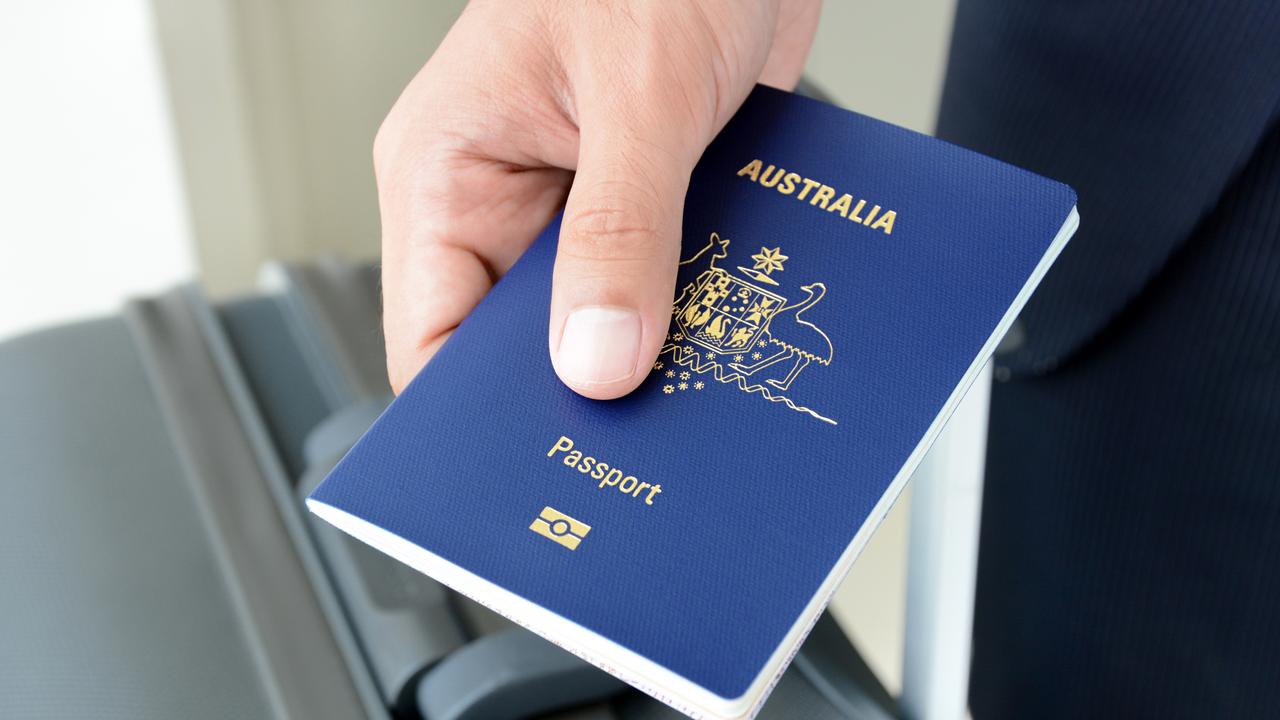
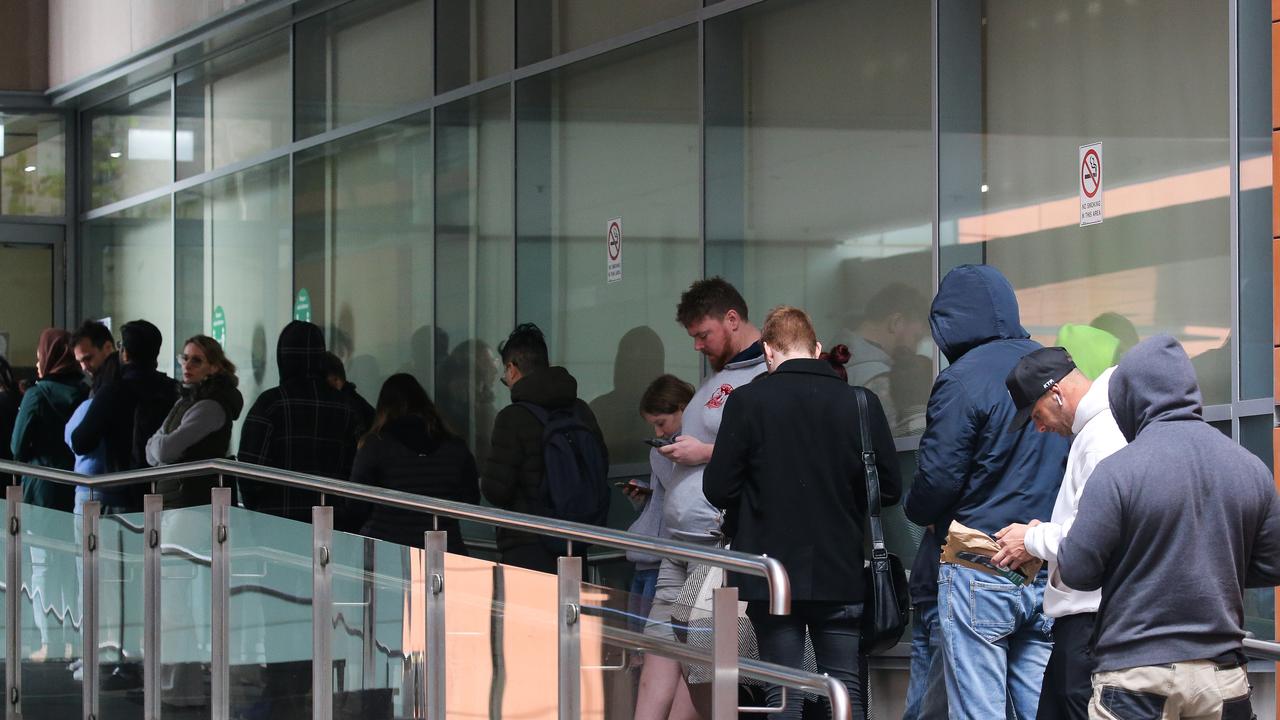
There were a number of other changes announced on Tuesday night, mostly designed to alleviate cost of living pressures everyday Aussies are facing.
Treasurer Jim Chalmers has handed down his third budget, with a back-to-back surplus of $9.3 billion for the first time in almost two decades.
He announced an energy rebate of $300 for every Aussie household which will benefit households from July 1.
The Treasurer has detailed Labor’s plan to make Medicare “stronger” and medicines “cheaper”.
That includes $3 billion committed to be put towards cheaper medicines and the community pharmacies that distribute them and also a freeze on the maximum cost of PBS prescriptions for everyone.
There will also be a $1.9 billion increase to the Commonwealth Rent Assistance program, with rates to rise by 10 per cent.
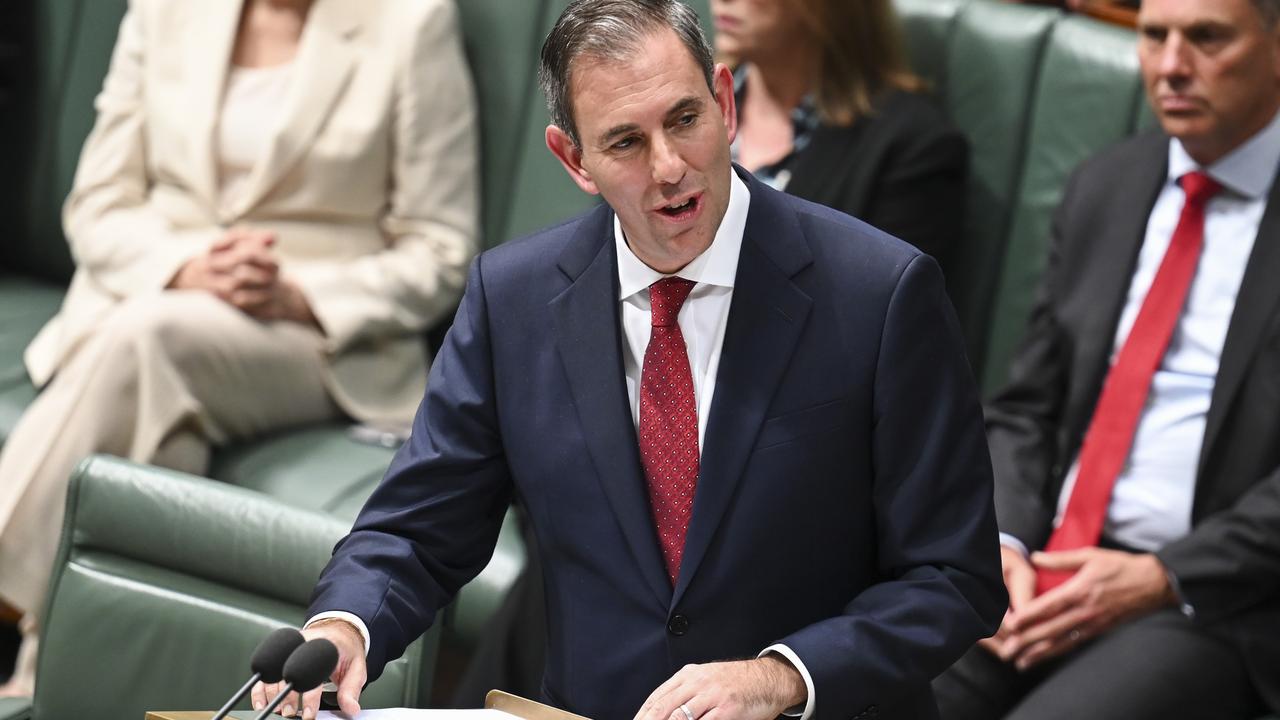
Budget winners and losers
Australian families and low-income renters were among the biggest winners of Tuesday’s budget, while motorists and welfare recipients largely missed out.
As well as the energy rebate which will help out struggling households, about a million small businesses will also enjoy a $325 rebate.
The government has followed through with its promise to provide a tax cut to every taxpayer, averaging to $36 a week, or $1888 when they lodge their tax returns.
However, while they will still get a tax cut, high-income earners making more than $140,000 would have been better off under the Morrison government’s original plan.
Aged care and childcare workers are also going to enjoy a boost to their wages, something the federal government has committed to.
At the same time, a number of Aussies haven’t benefited much from the raft of changes.
Despite loud calls for the government to increase welfare payments, people on Jobseeker and Youth Allowance won’t get any increase on their rates, currently $55 and $45 a day respectively.
No additional measures have been announced for first home buyers, with the budget instead reiterating Australia’s need for more housing stock.
Universities have been told to slash the growth in overseas student numbers from about 15 per cent to closer to five per cent and will be required to build more purpose-built student accommodation in order to take international students.
There will be no changes to the fuel excise, meaning motorists won’t see any decrease at the bowser.
– With Ally Foster and NCA Newswire





